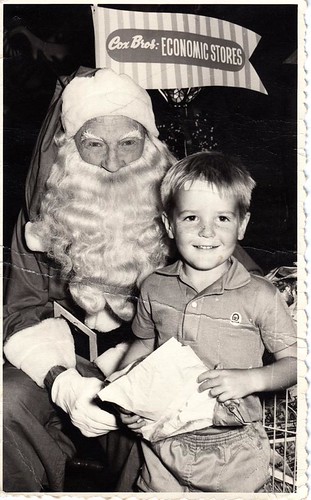In the DSM-5 it is proposed that the normal time frames for grief in an adult is 12 months and in a child is 6 months. Regardless of whether you agree with the time frames or not what they are saying is that the grief process for an adult and a child is significantly different and thus the child grieves for half the time that an adult does. This is a interesting proposal that I have mused on since reading it, (I like using that word ‘muse’, it makes me sound intelligent).
In my musing it seems to me that the age of the child would be important. In the DSM-5 they do not make this distinction so maybe that is for the DSM-6 to take into consideration. As we know at age 8 the child suffers an existential crisis. It is at age 8 that a child first begins to understand that death is irreversible. Prior to that age it believes that death is reversible in some form.
What children do.
It seems reasonable to suggest that if you believed that the deceased person was somehow going to return one day then that would effect how you grieve and indeed the entire grief process. In essence you would not really be grieving because you believe the person has not really died in the first place. This could explain why the grief process for a child under 8 years old could be so much shorter.
Secondly in some ways a child is like a psychopath. As a child grows mummy falls in love with it and develops a strong and deep bond to the child. As I have said before all humans tend to automatically assume that others in the world think and feel the same way they do. So many mummys assume that the child will feel the same way back to them as they feel for the child. Unfortunately this is not the case even though many mummys are convinced their child loves them like they do.
A child's reality is different to an adult's reality. Sometimes we forget that.
I read some where (I wish I had kept the reference) that it would be about the age of 10 years when a child would first be able to look after its own physical survival. Prior to that age the child is not able to get its act together enough to allow it to organize shelter, food and protection for long term survival. This means that children need mummy in order to physically survive. A fully grown mummy does not need a child for its physical survival and thus we have an important difference between what mummy feels for a child and what a child feels for mummy.
If a child is 6 years old and mummy gets run over by a bus then one of the highest, if not the highest priority for the child is to get a mummy replacement. If it does not then it will physically die, let alone psychologically survive. In a child’s mind mummys are replaceable. If mummy number 1 dies then it will get mummy number 2 to fill the role it requires. In this sense we see the psychopathic nature of the child’s psyche as that is how the psychopath thinks about human relationships. The psychopath sees people as replaceable items.
Of course to the mummy the child is irreplaceable. Yes they can have another child but that does not replace the first, instead it is another completely different child. And the mummy does not have the very dire need to have a quick replacement which the child does. This would explain how the feelings and bond between the mummy and the child are different to the feelings and bond between the child and the mummy and thus how the grief process for the mummy and the grief process for the child can be quite different.
Santa claus is replaceable
Psychopaths do not suffer grief. They do not form the bond and attachment necessary to have a grief reaction when the person dies. They can just go and replace the deceased person with someone else. This also would perhaps explain why a child can grieve so much faster than an adult. The shorter time frame does suggest the attachment is less so in some way for the child. And I am sorry to all the mummys out there who like to believe that their child loves them deeply and that they are the one and only in their child’s mind.
Thus endeth this Sunday morning musing.
Graffiti



Does the short grieving process of a child somehow come up in a different way when they are older. Often a person may talk about how the death of their mother/father impacted them in later years (if they died when the person was a child).
ReplyDeleteI knew someone whose mother died when he was thirteen and it had a profound impact on his life and his relationship with women during his adult years.
So the grieving may be shorter but the impact huge later on?
This comment has been removed by the author.
ReplyDeleteMy initial response to you Linda is that it would depend a lot on how those around the child dealt with the death of the parent. How much did it effect the child's life. For intance the child may have been sent to live with an aunt who disliked and resented taking the child on. If the child gets a replacement mummy who is nice and loves the child then any longer term impact would logically be reduced.
ReplyDeleteConcluding that the child has some kind of psychopathic quality in their intimate relationships would go a long way to explaining the difference. If that is true or not is another matter but it is a reasonable explanation.
Tony